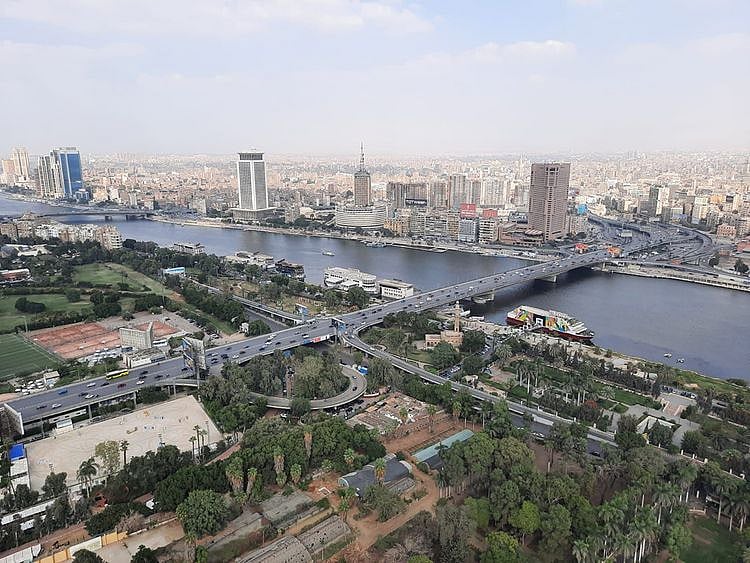Egypt is latest to join in interest rate hikes, raises it by 200 basis points
Egypt had already gone through a currency devaluation to try and stoke economic growth

Cairo: Egypt surprised most economists by delivering its biggest interest rate hike in nearly half a decade, an attempt to tackle soaring inflation and restore the allure of its local debt with foreign investors. The central bank increased the deposit and lending rates by 200 basis points each to 11.25 per cent and 12.25 per cent, respectively, the Monetary Policy Committee said in a statement.
Egypt is the latest emerging economy to opt for a bold move against the background of global monetary tightening designed to smother inflation fanned by the attack on Ukraine. It acted hours after South Africa raised rates by the biggest margin in more than six years and the Philippine central bank hiked its benchmark for the first time since 2018.
“In light of the current global monetary trends, Egypt’s central bank is trying to avoid potential pressures on the pound,” said Radwa El-Swaify, head of research at Cairo-based Al Ahly Pharos. The hike also ‘takes into account local consumer price trends’ and reduces the magnitude of the country’s inflation-adjusted negative interest rate, she said.
A major food importer, Egypt is racing to deal with record grain prices fueled by the conflict in Europe. The most populous Arab nation previously bought most of its wheat from Ukraine and Russia. The latter has also been a major source of visitors for its key tourism industry.
Food inflation is one big concern
Consumer-price growth in the North African nation hit its highest level in almost three years in April as food costs spiked due to the war. The figure also reflected a devaluation of the Egyptian pound by more than 15 per cent on March 21, the same day authorities hiked interest rates for the first time since 2017, by 100 basis points.
Major fund outflow
Thursday’s decision also shows an effort to partly reverse the decline in Egypt’s inflation-adjusted interest rate at a time when global central banks led by the US Federal Reserve move to combat surging prices with higher borrowing costs. A high differential had spurred a wave of foreign investment in the local debt market in recent years. But after annual inflation climbed to 13.1 per cent in April, both Egyptian policy rates turned negative - when adjusted for prices - for the first time since 2018. The government says there’s been $20 billion in outflows this year.
The MPC said the elevated annual inflation ‘will be temporarily tolerated’ relative to the central bank’s pre-announced target of 7 per cent plus or minus two percentage points on average in the fourth quarter. It’s then expected to decline, according to the statement.
Reiterating its earlier guidance, it said “the path of future policy rates remains a function of inflation expectations, rather than of prevailing inflation rates.”
Sign up for the Daily Briefing
Get the latest news and updates straight to your inbox
Network Links
GN StoreDownload our app
© Al Nisr Publishing LLC 2025. All rights reserved.